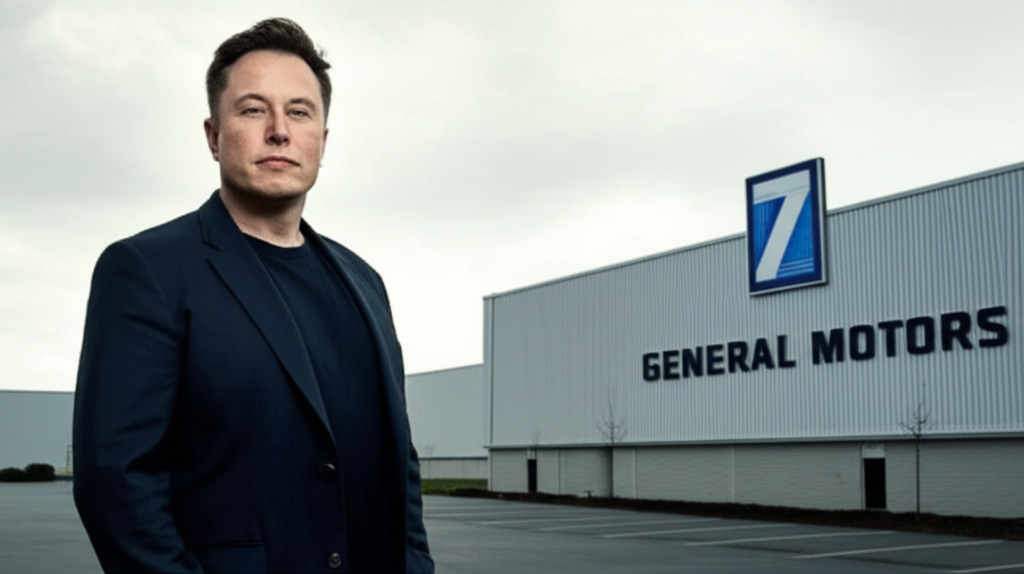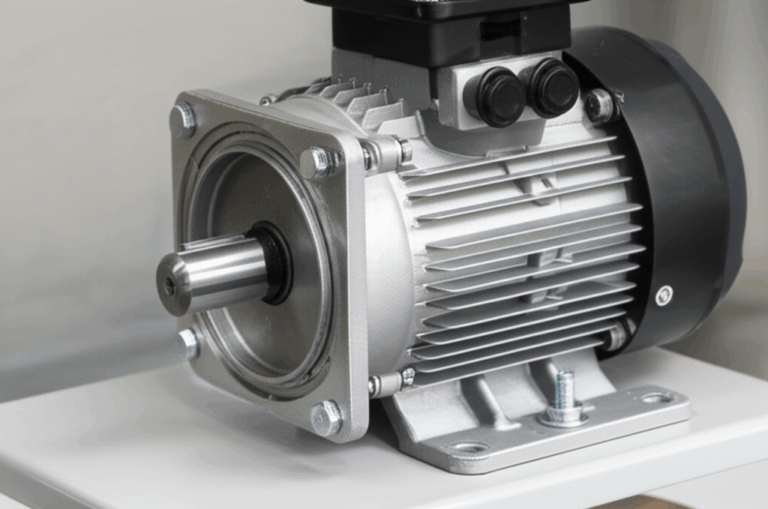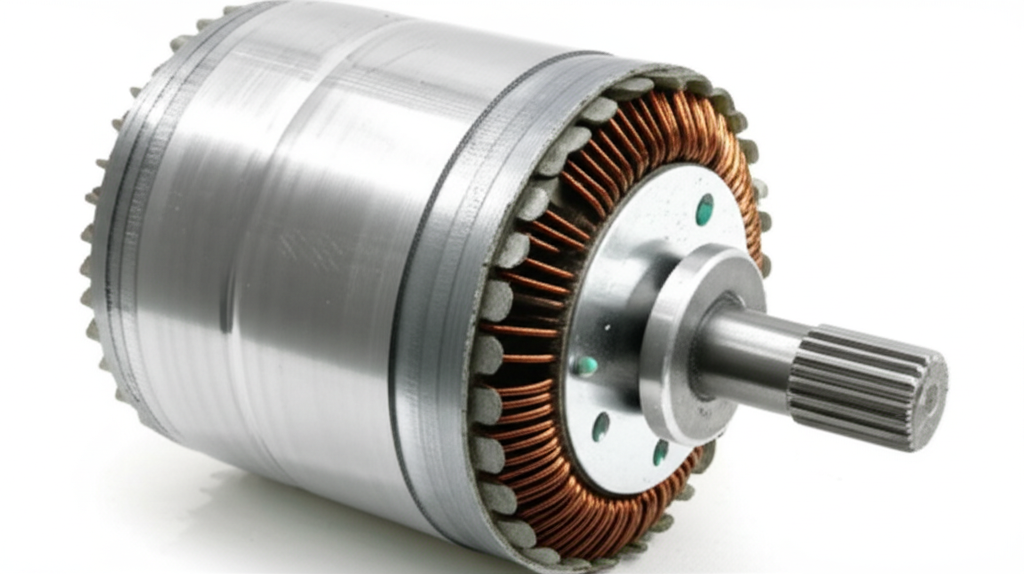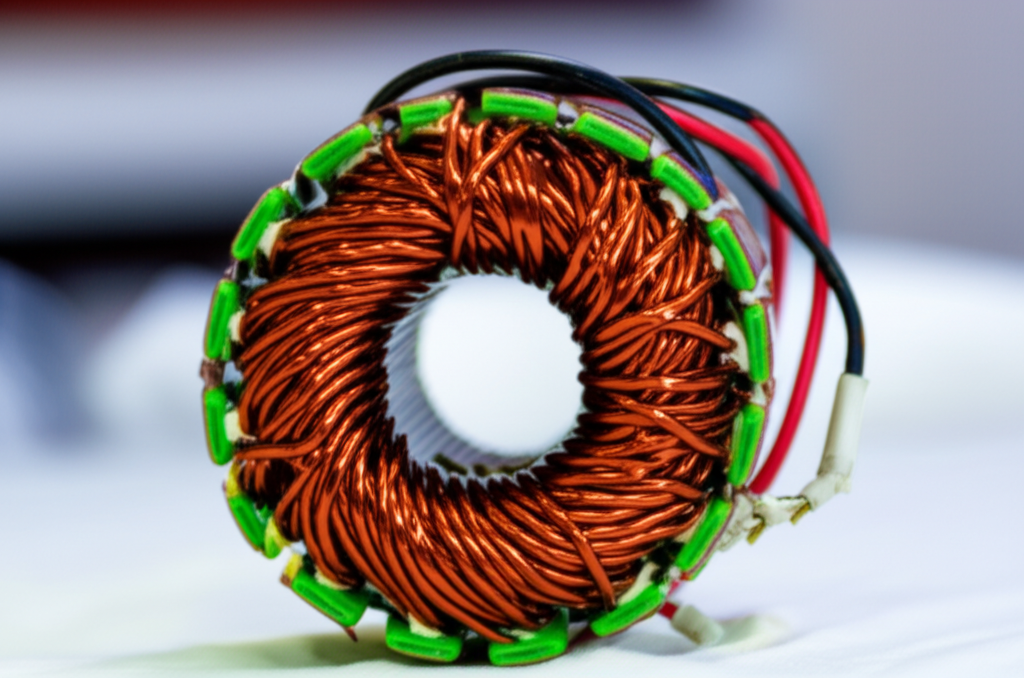
Did Elon Musk Buy General Motors? The Truth Behind the Rumors
Table of Contents
- Did Elon Musk Buy General Motors? The Truth Behind the Rumors
- Short answer: Did Elon Musk buy General Motors?
- Who are the players: Elon Musk, Tesla, and General Motors?
- Why do these deal rumors pop up?
- Could Tesla buy GM in theory?
- What would stop a merger or takeover?
- How do Tesla and GM compete today?
- What about unions, factories, and the supply chain?
- What do the CEOs and news outlets say?
- What comes next in EVs and the future of mobility?
- How should investors read the noise?
- Is there any tie between Tesla and GM history?
- Quick comparison table: Tesla vs GM
- FAQ
- References
- Key takeaways
You saw a claim. You want the truth. I wrote this to give you a clear answer fast. I also show you the facts behind it. You will see how the auto world works. You will leave with calm and a plan.
Problem: Rumors spread. They cause fear for investors and workers.
Agitate: A false story can move a stock price or sway your next car choice.
Solution: I lay out the facts, point to sources, and give you a simple guide you can trust.
Short answer: Did Elon Musk buy General Motors?
No. Elon Musk did not buy General Motors (GM). Tesla did not buy GM either. There is no acquisition, no merger, no takeover, no purchase, and no buyout. Both firms stand as separate competitors in the automotive industry.
Let’s do a fast fact check. There are no official statements, no press releases, no SEC (Securities and Exchange Commission) filings, and no credible news reports that say Elon Musk or Tesla, Inc. (legal entity) bought General Motors Company (legal entity). If a deal of that size existed it would show up on NYSE (New York Stock Exchange) or NASDAQ feeds. It would lead Reuters, Bloomberg, The Wall Street Journal, New York Times, CNBC, and even Fox Business.
Who are the players: Elon Musk, Tesla, and General Motors?
Elon Musk is a billionaire CEO. He leads Tesla, SpaceX, Neuralink, The Boring Company, and Twitter (X). His base moved from Palo Alto to Austin, Texas. Tesla builds cars at Gigafactories. The company focuses on electric vehicles (EVs), battery technology, Autonomous driving, and energy.
General Motors is a legacy automaker. It runs the Chevrolet, Cadillac, GMC, and Buick brands. The CEO is Mary Barra. GM sells trucks, SUVs, and EVs. GM also runs units like GM Defense and BrightDrop. It is based in Detroit. GM works on its Ultium battery platform and Cruise Automation for robotaxis.
So both firms sit in the same race. They use different paths. They face the same competitive landscape.
Why do these deal rumors pop up?
I get why you ask. Musk made a splash with his Twitter (X) deal. People now expect bold moves. Add that to Tesla’s high market capitalization and we get industry speculation. Some ask, “Does Elon Musk own GM?” or “Did Tesla buy GM?” Those queries trend. Then blogs echo them. Then deal rumors spread.
There’s more. We see a big valuation comparison. Many days, Tesla stock (TSLA) trades at a value far above GM stock (GM). Tesla looks like a tech firm to institutional investors and retail investors. GM looks like a traditional automaker to some. That gap feeds talk of a hostile takeover or a friendly acquisition.
Yet rumors hit walls. A tie up of this size would spark anti-trust concerns. It would trigger deep market analysis by regulators. It would not hide in a tweet or a random post.
Could Tesla buy GM in theory?
Let’s be real. This would be the super bowl of deals. The company valuation and stock price scale is huge. It would take complex corporate finance. There would be massive talks with investment banking teams. You would see weeks of earnings reports, investor calls, and likely official statement after official statement.
In theory, anything can happen. In practice, this would be an unprecedented move in auto manufacturing. The two firms have different corporate structure and brand identity. The synergies would be tough to prove. The risk of dilution to current holders could be steep. The odds of merger arbitrage games in the market would soar. It would not be quiet.
So yes you can ask the question. The answer still comes back the same. It is very unlikely.
What would stop a merger or takeover?
First brick in the wall is regulatory approval. Any deal would face regulatory hurdles in the US and abroad. Think the FTC in the US, the EU Commission in Europe, and more. A combined player could face “near certain” anti-trust concerns due to market share in electric vehicles (EVs) and tech.
Next comes culture and systems. GM runs deep manufacturing plants. It works with the United Auto Workers (UAW) in union negotiations. Tesla leans into vertical integration and a different style. The two groups use different tools and policies for corporate governance. You can merge badges yet you still must merge people and process. That is hard.
Add the global web. You must align supply chain teams. You must fit production capacity plans across many sites. You must keep profit margins safe while you change. That is a tall order.
How do Tesla and GM compete today?
They race in EVs. Tesla sells the Tesla Model 3, Tesla Model Y, Tesla Cybertruck, and has the Tesla Roadster in its product roadmap. GM pushes the Chevy Bolt legacy while it ramps Cadillac Lyriq and GMC Hummer EV. GM’s Ultium (GM battery platform) aims to power many lines.
On tech, Tesla runs Full Self-Driving (FSD) as a beta for consumers. GM offers Super Cruise as an advanced ADAS and uses Cruise (GM’s autonomous unit) and Cruise Origin for robotaxis. Both chase technology innovation and try to close any technological gap with rivals.
On mix, Tesla is 100% EV. GM still sells Internal Combustion Engine (ICE) trucks and SUVs plus Electric truck and Electric SUV models. That gives each brand a unique innovation strategy.
By the way, core motor parts matter. Engineers care about the quality of the stator core lamination. They also look at the rotor core lamination and the stack design. These parts use special steels. They are called electrical steel laminations. Many EV motors use a BLDC design. In that case a tight BLDC stator core helps cut loss and boost torque.
What about unions, factories, and the supply chain?
GM has a long bond with the United Auto Workers (UAW). That means it holds formal union negotiations. It manages legacy sites in Detroit and beyond. Tesla builds with Gigafactory sites and fields plants in the Global market. You see two maps and two methods.
Manufacturing plants set the speed of the race. Production capacity grows in waves. Chips, cathodes, anodes, and pack lines sit in the supply chain. Both firms fight for parts. They work to cut cost and raise yield.
This all shapes vehicle sales. It also shapes profit margins. When the chain runs smooth both can ship on time. When it breaks both feel pain.
What do the CEOs and news outlets say?
I read a lot of financial news. I look for an official statement. I scan press release feeds like Business Wire. I check news reports from Reuters, Bloomberg, The Wall Street Journal, and the New York Times. I watch CNBC and Fox Business. I also watch CEO statements in investor calls.
Across those outlets there is a steady story. There is no sign that Elon Musk or Tesla moved to buy General Motors. When you hear a rumor read the source. Ask if the outlet stands as real. If it is not a major source be careful and do a rumor debunked check.
What comes next in EVs and the future of mobility?
The future of mobility looks bright. Tesla pushes harder on Autonomous driving and energy storage. It talks about new models in its product roadmap. It keeps expanding Gigafactories. It leans on vertical integration to speed build and cut cost. It works to boost sustainability and lower environmental impact.
GM lays out a bold future outlook too. It scales the Ultium battery platform. It grows BrightDrop for fleets. It adds technology partnership and strategic alliance deals where they help. It pushes Cruise Automation when safe. It wants to win in Electric SUV and Electric truck segments with brand identity power from Chevrolet, Cadillac, GMC, and Buick.
Both look to China and other big markets. Both track industry trends report data. Both watch rivals like Ford Motor Company, Stellantis, Rivian, Lucid Motors, Toyota, and Volkswagen. The race is not a sprint. It is a marathon.
How should investors read the noise?
Let’s talk corporate finance. Prices move on market analysis, short interest, and headlines. Institutional investors often read the footnotes. Retail investors often react to memes. Smart money checks earnings reports and filings on the SEC site.
If you see a rumor about a hostile takeover or friendly acquisition ask five questions:
- Is there an official statement or a filing
- Do top outlets like Reuters or Bloomberg confirm it
- What happens to dilution if stock funds the deal
- Are there real synergies or just buzzwords
- Will anti-trust concerns stop it cold
You can also think about merger arbitrage. Traders may bet on a spread between the two stock price levels if a deal is real. No real deal means no real spread. Stay calm and check facts.
Is there any tie between Tesla and GM history?
There is a small link in the past. Years ago Tesla bought the NUMMI plant assets in Fremont. That plant once ran under GM and Toyota. It later became Tesla’s first big site in California. It shows how an asset deal can happen without a corporate buyout. It does not signal a GM purchase.
Tesla once centered in Palo Alto before the move to Austin, Texas. GM stayed tied to Detroit. The cities tell the tale. Old auto and new auto both drive America forward.
Quick comparison table: Tesla vs GM
This table gives you a simple view. Values and details shift with time. Use it as a guide not as a rule.
| Feature | Tesla (TSLA) | General Motors (GM) | Notes |
|---|---|---|---|
| Current Status | Independent EV and tech leader | Independent legacy automaker moving to EV | Both are public firms with unique paths |
| Market Capitalization | Often far above many car peers | Often lower than pure tech peers | The gap drives talk and hype |
| Primary Focus | EVs, Battery Tech, AI, Energy, Autonomous Driving | ICE trucks/SUVs plus EVs, Cruise Automation, BrightDrop | Different mix and strengths |
| Vehicle Sales | Lower volume but high EV mix | Higher total units across brands | Mix matters for margins and growth |
| CEO | Elon Musk | Mary Barra | Strong voices and styles |
| Key EV Platform | Tesla integrated design and Giga-casting | Ultium battery platform | Two tech stacks |
| Autonomous Driving | Full Self-Driving (FSD) beta | Super Cruise plus Cruise Automation and Cruise Origin | Different AV models |
| HQ | Austin, Texas | Detroit, Michigan | New auto vs legacy auto image |
| Anti-Trust Risk if Merged | Extremely high | Extremely high | Big hurdle for any deal |
| Historical Link | NUMMI plant asset purchase | Former co-owner of NUMMI with Toyota | Not a corporate takeover |
FAQ
- Is General Motors owned by Tesla
No. GM is not owned by Tesla. They are competitors.
- Who owns General Motors today
GM is a public firm. Shareholders hold the company through GM stock (GM).
- What companies does Elon Musk own or lead
He leads Tesla, SpaceX, Neuralink, The Boring Company, and he owns Twitter (X).
- Has Tesla ever considered buying GM or any other major automaker
There are no official statements or credible news reports to say that. There is industry speculation at times. Nothing more.
- Are Tesla and GM working together
There is no broad strategic alliance across the firms. They may share standards or parts of the supply chain in normal industry ways. They compete in EVs.
References
- Reuters. Industry and M&A reporting. reuters.com
- Bloomberg. Markets and autos coverage. bloomberg.com
- The Wall Street Journal. Corporate news and analysis. wsj.com
- New York Times. Business and technology sections. nytimes.com
- CNBC. Markets and earnings coverage. cnbc.com
- Fox Business. Corporate and markets news. foxbusiness.com
- U.S. Securities and Exchange Commission (SEC). Company filings. sec.gov
Key takeaways
- No deal happened. Elon Musk did not buy General Motors (GM).
- There is no acquisition, merger, takeover, purchase, or buyout.
- Watch for official statements, press release notes, and SEC filings before you trust a rumor.
- Anti-trust concerns, regulatory approval, and culture fit make such a deal very unlikely.
- Tesla and GM will keep fighting in electric vehicles (EVs), Autonomous driving, and battery technology.
- Remember the PAS frame: Problem is rumor and fear. Agitate is risk to choices and money. Solution is facts from credible news reports and filings.
- Investors should weigh market capitalization, stock price, short interest, and real earnings reports.
- GM’s push with Ultium battery platform, Super Cruise, Cruise Automation, Cadillac Lyriq, GMC Hummer EV, and BrightDrop shows intent.
- Tesla’s push with Full Self-Driving (FSD), Gigafactories, Tesla Model 3, Tesla Model Y, Tesla Cybertruck, and Tesla Roadster shows focus.
- The space will stay hot as Ford Motor Company, Stellantis, Rivian, Lucid Motors, Toyota, and Volkswagen push into EVs across the global market.








